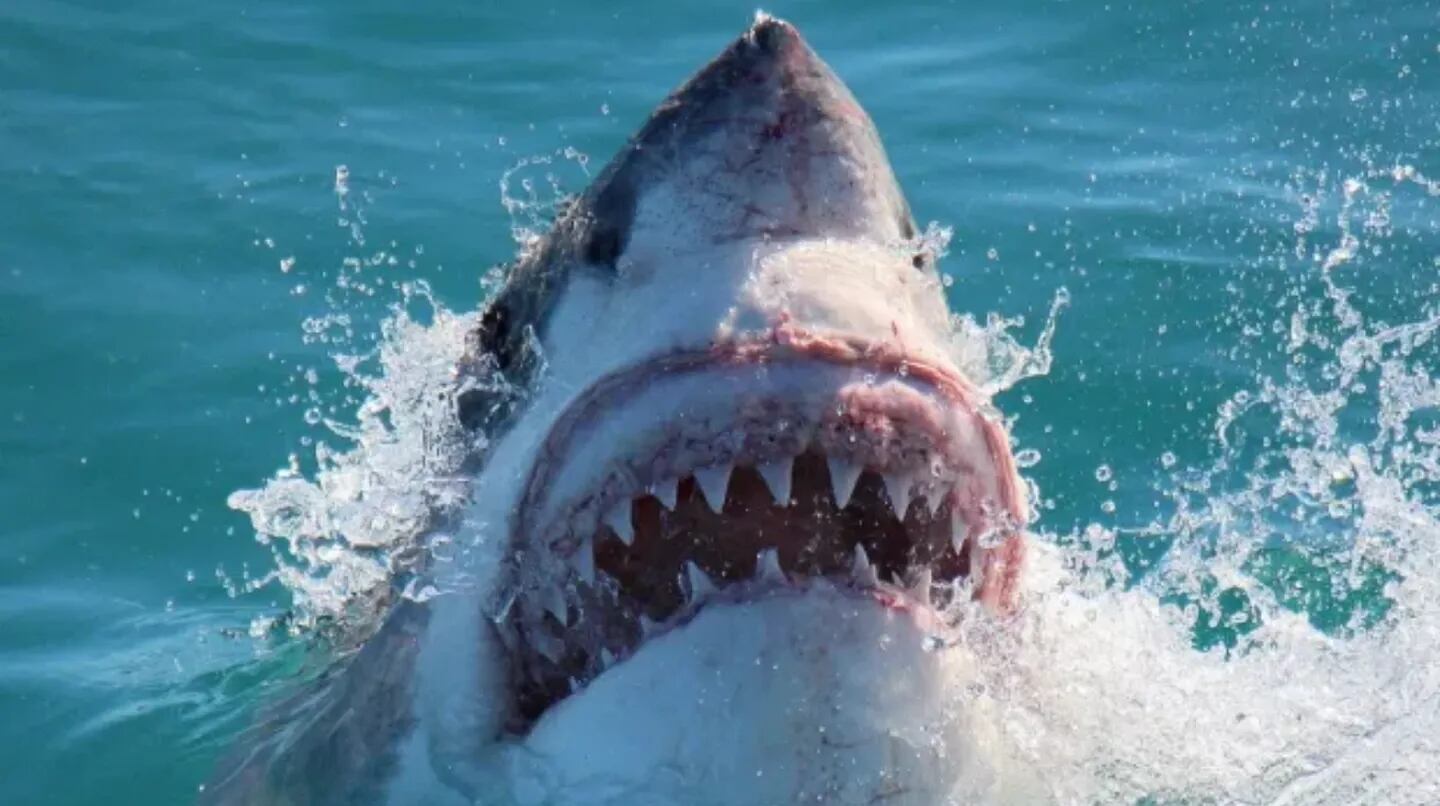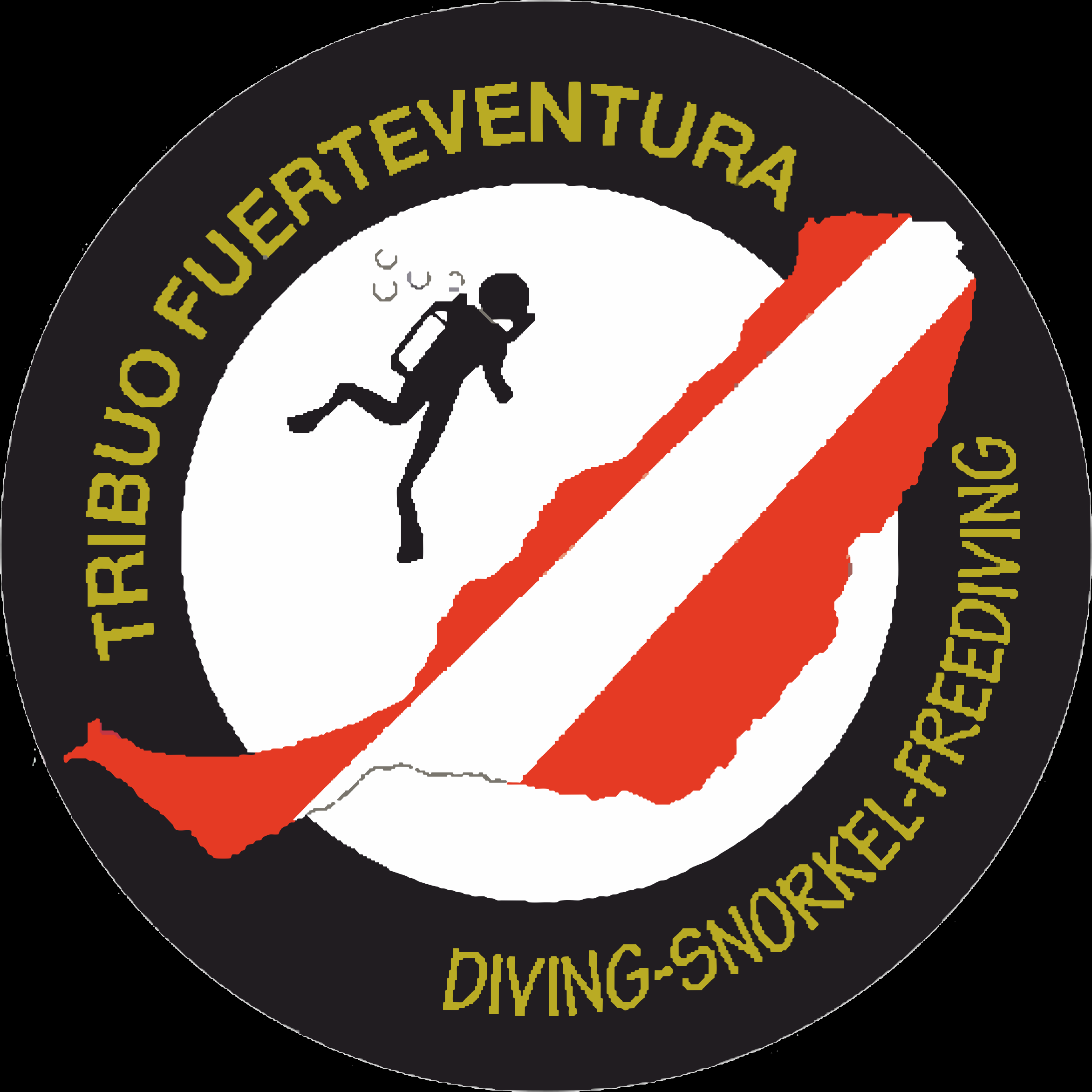SHARKS IN BRAZIL TEST POSITIVE FOR COCAINE

Sharks off the coast of Brazil have tested positive for cocaine, according to a study published in Science of the Total Environment by marine biologists from the Instituto Oswaldo Cruz (IOC) in Rio de Janeiro. This discovery was made when scientists analyzed samples from 13 Brazilian sharpnose sharks (Rhizoprionodon lalandii) caught by local fishing vessels.
The sharks, which reach a maximum length of only 77 cm, are a coastal species, making them ideal candidates for testing for chemical contaminants in the water. Researchers performed dissections and analyzed the muscle and liver tissues of the sharks using liquid chromatography-tandem mass spectrometry, an analytical system used to separate and detect specific chemical compounds within a sample.
All of the sharks tested positive for cocaine, and 12 of them also tested positive for benzoylecgonine, a chemical produced in the liver during the metabolism of cocaine, indicating that the sharks had consumed the drug.
This study is reminiscent of the 2023 Discovery Channel documentary Cocaine Sharks, which explored whether sharks off the coast of Florida were affected by eating bales of drugs dumped into the water by smugglers. However, the documentary only showcased erratic behavior as a possible result of cocaine consumption and did not test sharks for the presence of the drug.
The authors of the new study suggest that while exposure to drug bales is a possibility, it is unlikely in Brazilian waters. They believe it is more probable that the sharks were exposed to cocaine through human urine and feces found in sewage outflows or drainage from illegal drug laboratories.
The study did not determine whether the cocaine affected the sharks\' behavior or health, but previous research in the Bay of Santos in São Paulo has found that cocaine is toxic to mussels, oysters, and eels. Concerns have also been raised about the potential effects on sharks\' eyesight, which could impact their hunting ability, and the contamination of their eggs, potentially inhibiting reproduction.
Although there is no definitive proof that cocaine makes sharks more aggressive—an effect well-known in humans and other animals—the report’s authors noted this as a possibility that requires further study. Studies related to the presence of illicit narcotics in the water are limited but increasingly show that drugs, both legal and illegal, are impacting marine life. A 2022 study by scientists from the University of Florida found a total of 58 different pharmaceuticals in a sample of 93 fish, including blood pressure medications, antidepressants, antibiotics, pain relievers, antihistamines, and opioids.
The sharks, which reach a maximum length of only 77 cm, are a coastal species, making them ideal candidates for testing for chemical contaminants in the water. Researchers performed dissections and analyzed the muscle and liver tissues of the sharks using liquid chromatography-tandem mass spectrometry, an analytical system used to separate and detect specific chemical compounds within a sample.
All of the sharks tested positive for cocaine, and 12 of them also tested positive for benzoylecgonine, a chemical produced in the liver during the metabolism of cocaine, indicating that the sharks had consumed the drug.
This study is reminiscent of the 2023 Discovery Channel documentary Cocaine Sharks, which explored whether sharks off the coast of Florida were affected by eating bales of drugs dumped into the water by smugglers. However, the documentary only showcased erratic behavior as a possible result of cocaine consumption and did not test sharks for the presence of the drug.
The authors of the new study suggest that while exposure to drug bales is a possibility, it is unlikely in Brazilian waters. They believe it is more probable that the sharks were exposed to cocaine through human urine and feces found in sewage outflows or drainage from illegal drug laboratories.
The study did not determine whether the cocaine affected the sharks\' behavior or health, but previous research in the Bay of Santos in São Paulo has found that cocaine is toxic to mussels, oysters, and eels. Concerns have also been raised about the potential effects on sharks\' eyesight, which could impact their hunting ability, and the contamination of their eggs, potentially inhibiting reproduction.
Although there is no definitive proof that cocaine makes sharks more aggressive—an effect well-known in humans and other animals—the report’s authors noted this as a possibility that requires further study. Studies related to the presence of illicit narcotics in the water are limited but increasingly show that drugs, both legal and illegal, are impacting marine life. A 2022 study by scientists from the University of Florida found a total of 58 different pharmaceuticals in a sample of 93 fish, including blood pressure medications, antidepressants, antibiotics, pain relievers, antihistamines, and opioids.
